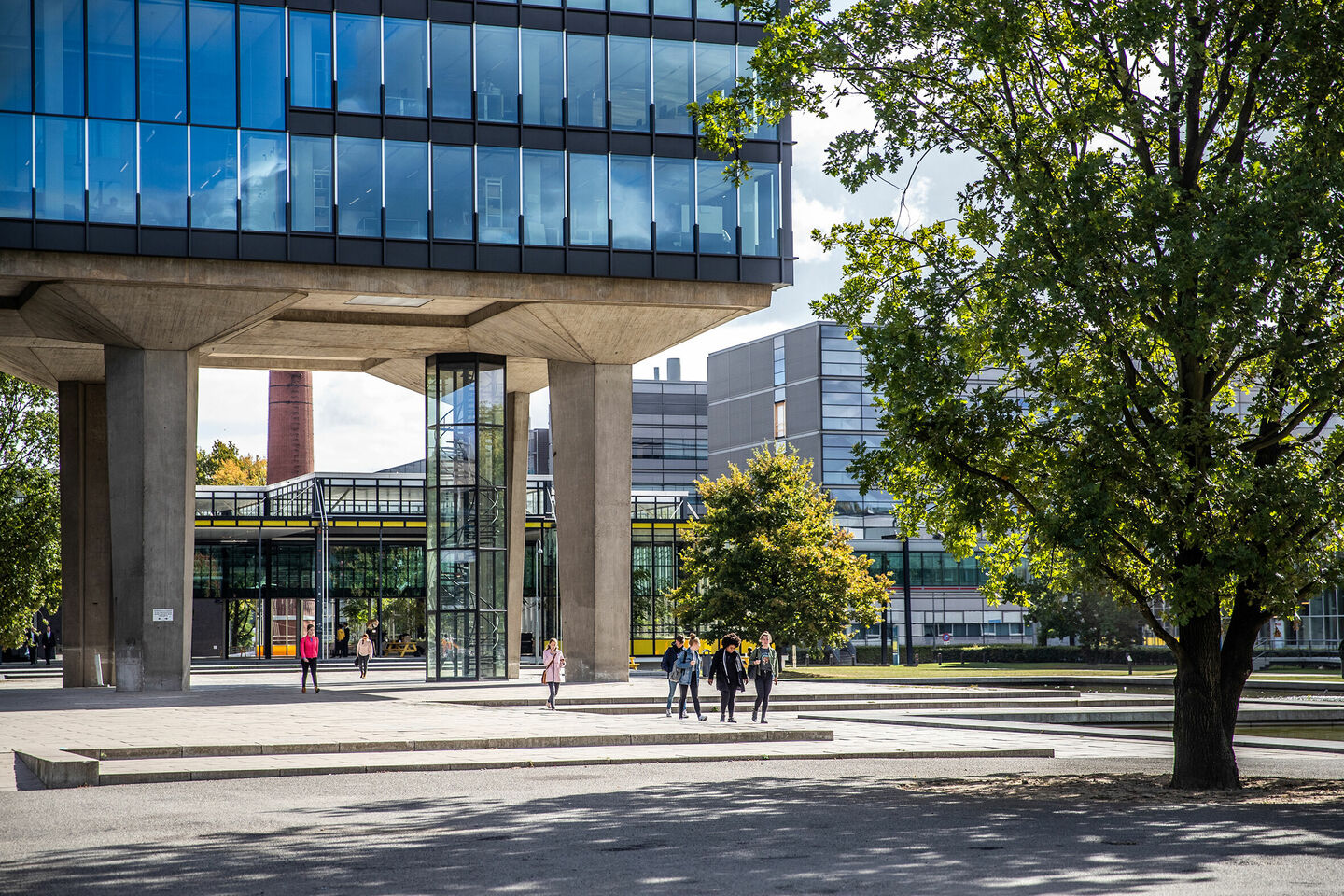
Learning more than your own curriculum
The Honors Academy places students’ personal development front and center
For teachers, the Honors Academy (HA) can be a place to try out new forms of instruction; for students, it is an opportunity to learn about the deeper layers of the academic world. The HA has “opened the eyes” of student Maurik Engelbert van Bevervoorde, and Dean Mark Bentum sees the program as TU/e’s breeding ground for innovation. The setup of the Eindhoven HA differs from those at other universities. “What makes us unique is our interdepartmental, multidisciplinary approach”, says policy officer Kathinka Rijk.
The concept of the Honors Academy is not always as clear as day to TU/e staff and students. “Oh, so it’s not a separate study program?” and “That’s just for the happy few who get an invitation, right?” are some of the common misunderstandings with regard to the program. Therefore, Kathinka Rijk, strategic policy officer at the HA, will start at the beginning. “When Bachelor College 1.0 was launched in 2012, the HA for bachelor’s students was also established. There, students got to work on their personal development in a team setting for two years, in addition to their regular studies. Three years later, a one-year program for master's students was added. There, the focus lies more on the individual and personal leadership. Students may join both or one of the two programs. The setup is very challenge-based, completely in line with the university’s vision.”
The introduction of Bachelor College 2.0 paves the way for the continuation of this course. The eight-person HA team is currently working on a few areas of improvement, but more on that later.
In the bachelor program, students can apply for one of the eleven tracks by submitting a motivation letter. The options are very diverse, ranging from Smart Cities and High Tech Systems to Empowerment for Health & Wellbeing. The selected bachelor students then spend two years working on a specific challenge in multidisciplinary teams. In addition to valuable coaching in their personal development, they also receive a Letter of Recommendation upon the program’s completion, as well as a statement on their degree certificate and thirty credits (which do not count towards the regular program).
In the master program, the HA is strongly focused on personal development. Students start the program with eight personal leadership workshops and are given a lot of freedom to choose their next steps. They can focus their leadership on science, society or industry. After qualitative assessment by their supervisor and personal leadership coach, they earn a statement on their degree and 20 credits.
Bachelor Honors Programma
Everyone is invited to join, but not everyone will be able to complete the HA. All students are told in very clear terms what the priorities are and this is also checked - verbally - throughout the course of the program: “1) Your health and well-being, 2) your regular studies, 3) the Honors program.”
Areas of improvement
“We are constantly looking to improve where possible,” says Rijk. There is a student council within the bachelor program in which a student from each track is represented; the council makes monthly evaluations. The current area of improvement primarily involves expanding the community. “We would like for students to have the opportunity to meet each other. In addition, we want to support them in making an impact. With that in mind, we already organized entrepreneurship workshops in cooperation with innovationSpace.”
What's new in the master program is the organization of meetings where honors students can come together to discuss topics that are recognizable to everyone. “These may include things like how to approach their project, finding experts or joining certain networks. There’s two things they have to do: pitch their own project and bring a question that can be discussed with the whole group.”
Another wish from the council that has already been met: Two additional tracks were added last year to give students more options: Nuclear Fusion Power for the Netherlands and Radio Astronomy.
The dean's vision
One of those tracks is led by Mark Bentum, dean of the Honors Academy since September 2020. Ideally, he wants students to become as enthusiastic about their learning environment as he is himself. “I want to create a super vibrant environment in which students can expend their energy.” According to him, the HA is a good place to do so. “We want to provide space for talent in two areas; personal development and deepening or broadening in subject matter.”
During the first information meeting for first-year students in March, which took place in the Auditorium, he addressed prospective participants, and Cursor was present as well. He asked them if there was anything they would be willing to wake up for in the middle of the night if necessary. “For me, there is; I can be enthused to think about radio astronomy at all hours. As such, it’s the subject of the track I’ll be coordinating from now on.” After getting to talk about this for just a few minutes, his ten fellow Honors coaches pitched their track. The Blauwe Zaal was packed, chairs were hurriedly brought in and many students were standing on the stairs or in the doorway as well.
Bentum himself was rather surprised by the turnout too, he says later, and he explains that the HA only has room for 120 to 130 new students. “There are fewer applications from master’s students than we can accept. It’s possible that potential candidates for the master’s program are more focused on completing their studies and are eager to start their careers.”
Breeding ground
The HA is sometimes referred to as the breeding ground of educational innovations. Bentum explains: “Ever since its inception in 2015, the HA has operated through a challenge-based environment where major challenges with social impact are solved by multidisciplinary student groups.” The dean is not afraid to adopt new teaching methods. In his own course Electromagnetics 2, for Electrical Engineering students, he was able to increase the pass rate dramatically by introducing Student Led Tutorials. This won him the award for best teacher.
“But I do understand that teachers may be nervous about trying something new in the regular curriculum. The HA, on the other hand, provides an excellent environment to do so. I’m currently introducing peer assessment myself, and I’ve asked the other tracks to think about this as well. The idea is for students to assess each other. And they’re very good at giving constructive feedback; better than teachers, in fact. They do find it more difficult to assign grades, but then again, they don’t have to. I think the most important thing is that they learn so much from it in their roles as reviewers.”
“Real personal contact with professors”
Participating in the Honors Academy bachelor program has - in Maurik’s own words - opened his eyes. “I didn’t know that there was so much to do at the university in addition to your studies. I developed skills like working with people from different backgrounds, communicating, leadership, and managing a group project. It was also the first time I had personal contact with professors and got a better understanding of how the academic world works. We’re currently writing a paper as a team and learning how much patience this process requires. It’s a nice trial run for a possible PhD research project.”
As he found that he had time to spare even while studying both Applied Mathematics and Chemical Engineering & Chemistry, he responded to the invitation sent to all first-year students by the HA. “I enjoy venturing outside my bubble within the academic world. It’s new subject matter, in a multidisciplinary team, part of a long-term project and I feel like I can add value.”
Maurik put ten hours a week into the Networked Society track, where he and three other students studied how society copes with the ever-increasing connectivity between people and devices. They were interested in the topics of navigation, climate change and fake news. Ultimately, their research question was about echo chambers, the phenomenon of search engine users falling into a bubble. How do they come about, how do you predict them and how do you prevent them? The platform they are studying is Reddit.
Start-up problems
“The four of us were the first batch of students on this track. Our feedback was that we felt like we were thrown in at the deep end. It was the start of our second year, we had just come to know the university a bit and had no idea how to approach such a big project. But it all worked out fine.”
He would definitely advise other students who want to do something extra to apply for an HA position. “By all means. If you find that it’s too much work, raise the alarm in time and they’ll find a solution for you. From our study association Confluente where I served on a committee in my second year, I do hear that students sometimes quit after their first year. And that’s possible, of course.” The idea never occurred to him personally. Now that he has completed the Honors bachelor program, he has joined CORE, the student team that recycles e-waste. And once he completes his two bachelor programs, he will probably try to join the HA master program as a master’s student. “There, the focus is more on personal development and leadership, which seems very beneficial to me as well.”
Confluente
Another thing that many TU/e students don’t know is that the HA also has its own study association: H.S.A. Confluente. In their own room on the first floor of the MetaForum building, the board members organize grilled cheese lunches and other meetings, but they also gauge whether there is interest in events like the Batavierenrace. According to board member Floor van Veen, a lot of work gets done in the Honors Room, but it’s also a place where you can just chill together. “Master honors students don’t come here as much as bachelor honors students, I’m not really sure why.” Besides the Honors Room, HA students can also frequently be found at Matrix.
Supra-departmental
The way TU/e supervises its excelling students is unique in the Netherlands, Kathinka Rijk is proud to say. During the national meeting of network coordinators, she exchanges experiences with colleagues from other universities every quarter. In other universities, programs for excelling students are usually linked to departments. Or only additional courses are offered. In Eindhoven, students from all programs come together to work on a current problem from society or at a company. All tracks are multidisciplinary.
Student teams and startups
Many tracks of the Honors Bachelor program have made a lasting impact. One developed into a world-renowned competition, others gave rise to student teams. TU/ecomotive, Serpentine AI, Polar and many more student teams involve both honors students and non-honors students.
Alumnus Antoine Post started an honors track in 2017 in which he built his own house with team Casa. This led to the formation of the company Integer Technologies. Co-founder Pau Brossa Rodriguez participated in an honors program as a master's student.
What began as an honors track by five students at Smart Mobility and was expanded the following year to include students from Energy Transition eventually resulted in student team Polar in 2019. Their goal is to develop an autonomous and environmentally friendly vehicle for research in Antarctica, and the first prototype has already been tested in Trondheim.
The SensUs competition, an annual competition for student teams to develop biosensors for a particular health problem, has become a true staple at TU/e. Since 2016, teams from all over the world come to TU/e for a week to pitch and test their biosensor at the initiative of honors track SensUs Organization. The - independent - TU/e team T.E.S.T. won the competition multiple times.
Want to see for yourself what the bachelor students have accomplished as part of their Honors program? Be sure to come to the Demo Day on June 6.

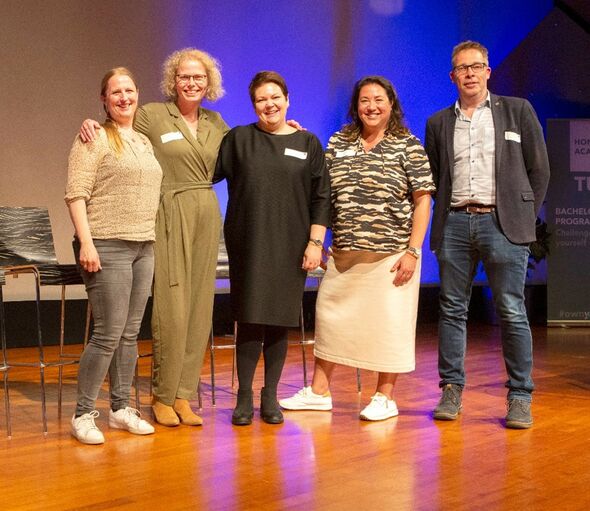
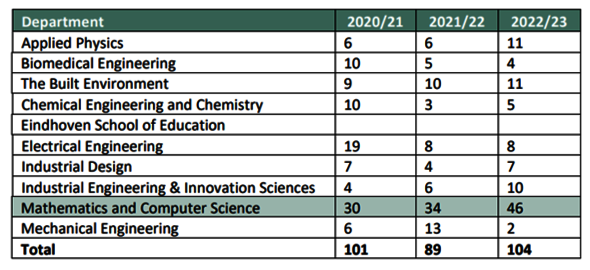
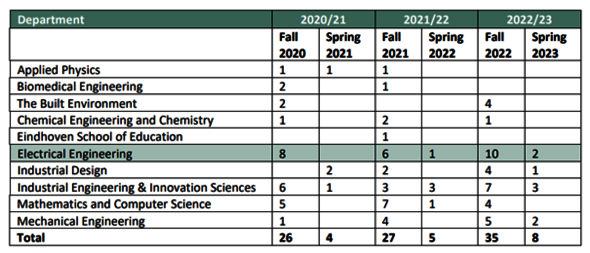
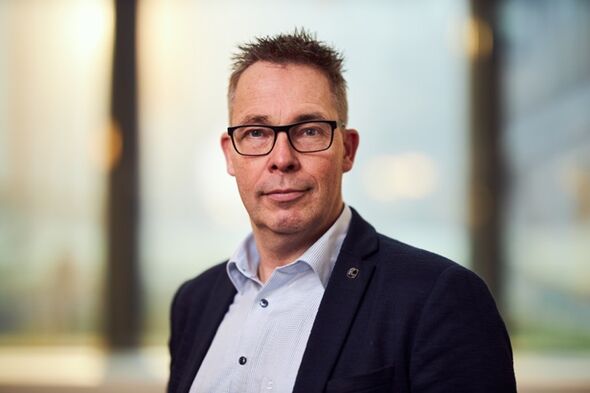
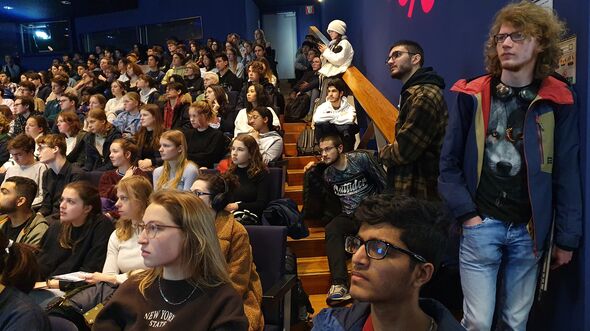
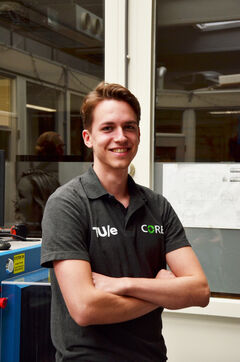
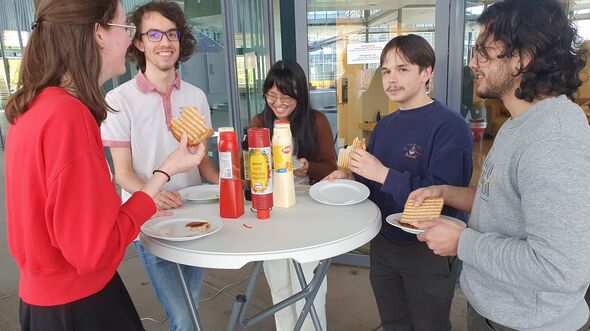
Discussion